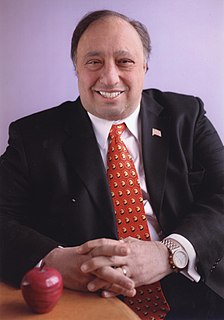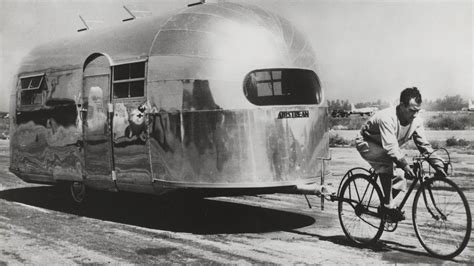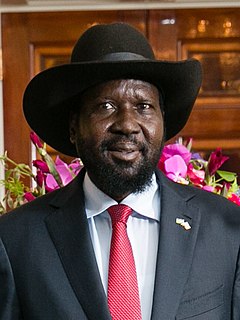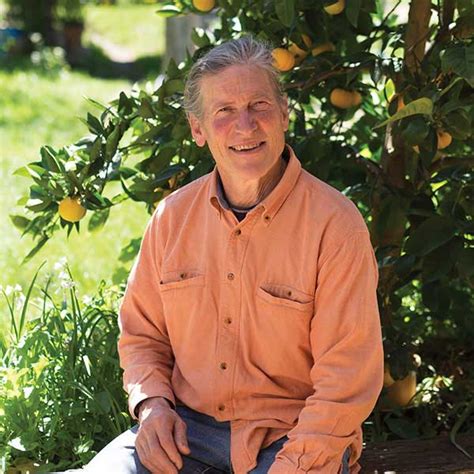A Quote by Raj Patel
Yet if you go to the supermarket and look at food that's produced through industrial agriculture, look at what's happened to the prices. Have they been going down? They've been going up and they will continue to go up. So the choice is either, do we hitch onto a system of agriculture that's doomed and will doom the planet with it, and go along the route of industrial agriculture, or do we want to shift to a kind of system that we know is going to be, in the long run, cheaper, because we'll have a planet left at the end of it? We need to factor that cost in.
Related Quotes
If we're eating industrially, if we're letting large corporations, fast food chains, cook our food, we're going to have a huge, industrialized, monoculture agriculture because big likes to buy from big. So I realized, wow, how we cook or whether we cook has a huge bearing on what kind of agriculture we're going to have.
The reductionist measure of yield is to agriculture systems, what GDP is to economic systems. It is time to move from measuring yield of commodities, to health and well-being of ecosystems and communities. Industrial agriculture has its roots in war. Ecological agriculture allows us to make peace with the earth, soil and the society.
A recent review of different agricultural options for the future was conducted by a panel of experts. The scientists posed the question: How are we going to feed the world when there are nine billion people on it, as there will be by 2050? And the answer they came up with was industrial agriculture won't work and genetic engineering won't work and the solution is going to be sustainable, and going to ecological kinds of farming that are based on local environmental conditions that work with local ecosystems available to develop a richer kind of farming technology.
We have the industrial agriculturalists who try and make an argument that big is beautiful. But if you do the math, and particularly if you factor in that the price of oil is going to go through the roof, and so the price of transportation is going to go through the roof - making it abundantly clear that it's out of whack. The efficiency arguments are already crumbling, particularly if you actually include the cost of food pollution that these industries cause. They are tremendously unsustainable and tremendously inefficient.
If we took 75% of the world’s trashed rangeland, we could restore it from agriculture back to functioning prairies — with their animal cohorts — in under fifteen years. We could further sequester all of the carbon that has been released since the beginning of the industrial age. So I find that a hopeful thing because, frankly, we just have to get out of the way. Nature will do the work for us. This planet wants to be grassland and forest. It does not want to be an agricultural mono-crop.
Women have an important role in agriculture. We need to introduce technology, which will help us harness the potential of women in agriculture. We need to divide the agriculture sector into three parts- regular farming, farming of trees and animal husbandry. If we are able to do this, the contribution of our women will increase even more.
Don't stop. Keep right on going. Hitch up your trailer and go to Canada or down to Old Mexico. Head for Europe if you can afford it, or go to Mardi Gras. Go someplace you've heard about, where you can fish or hunt or collect rocks or just look up at the sky. Find out what's at the end of some country road. Go see what's over the next hill, and the one after that, and the one after that.





























